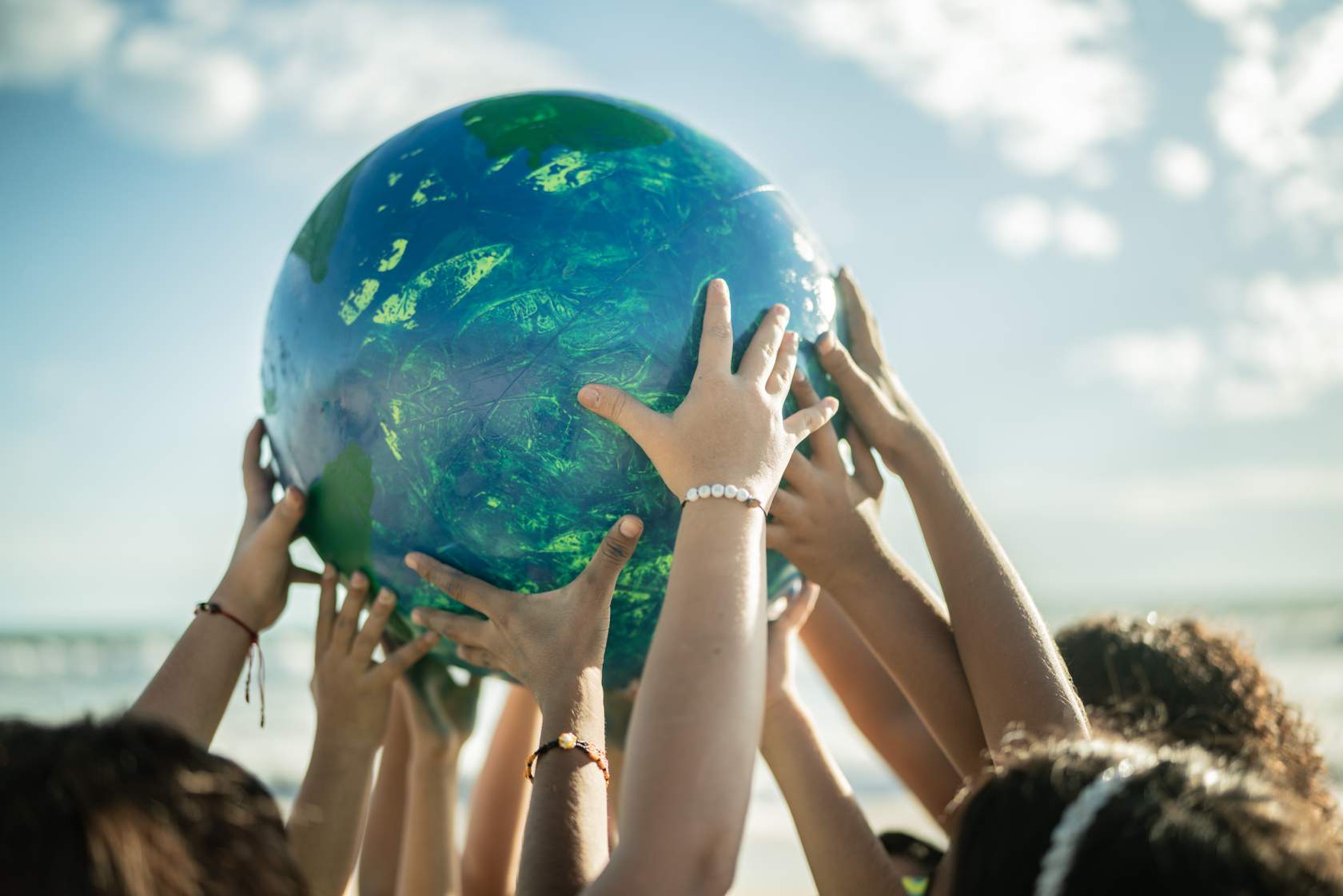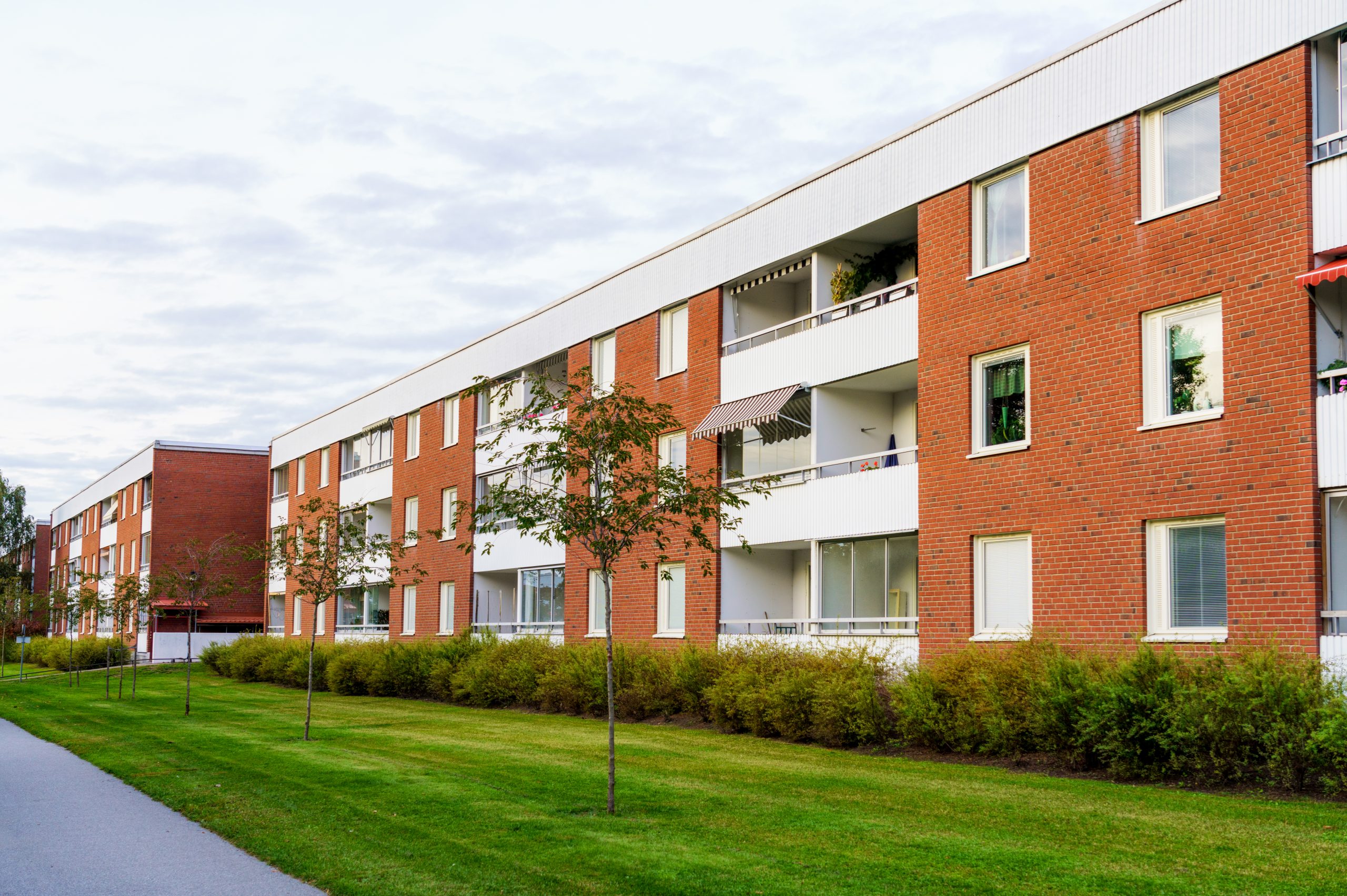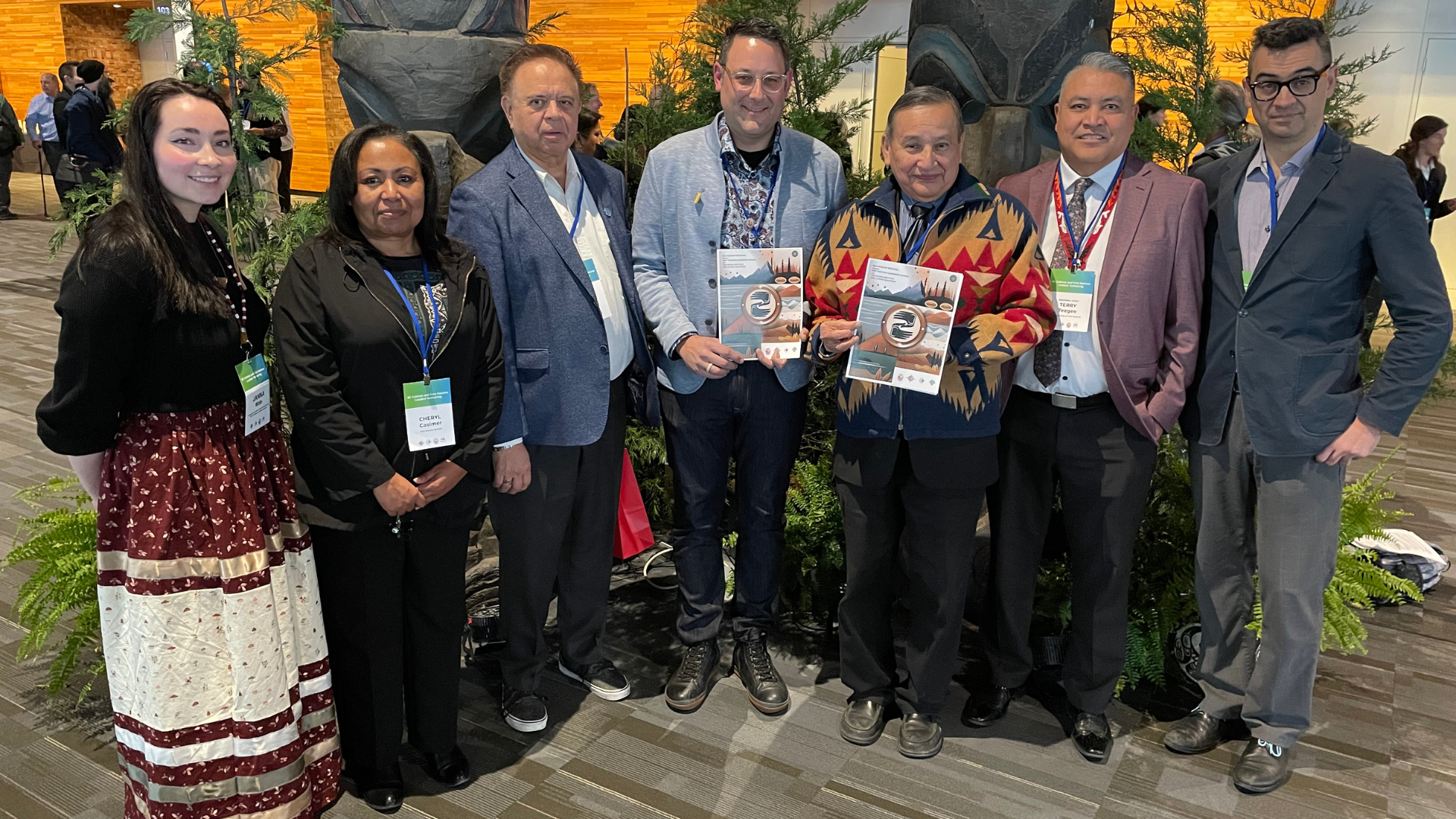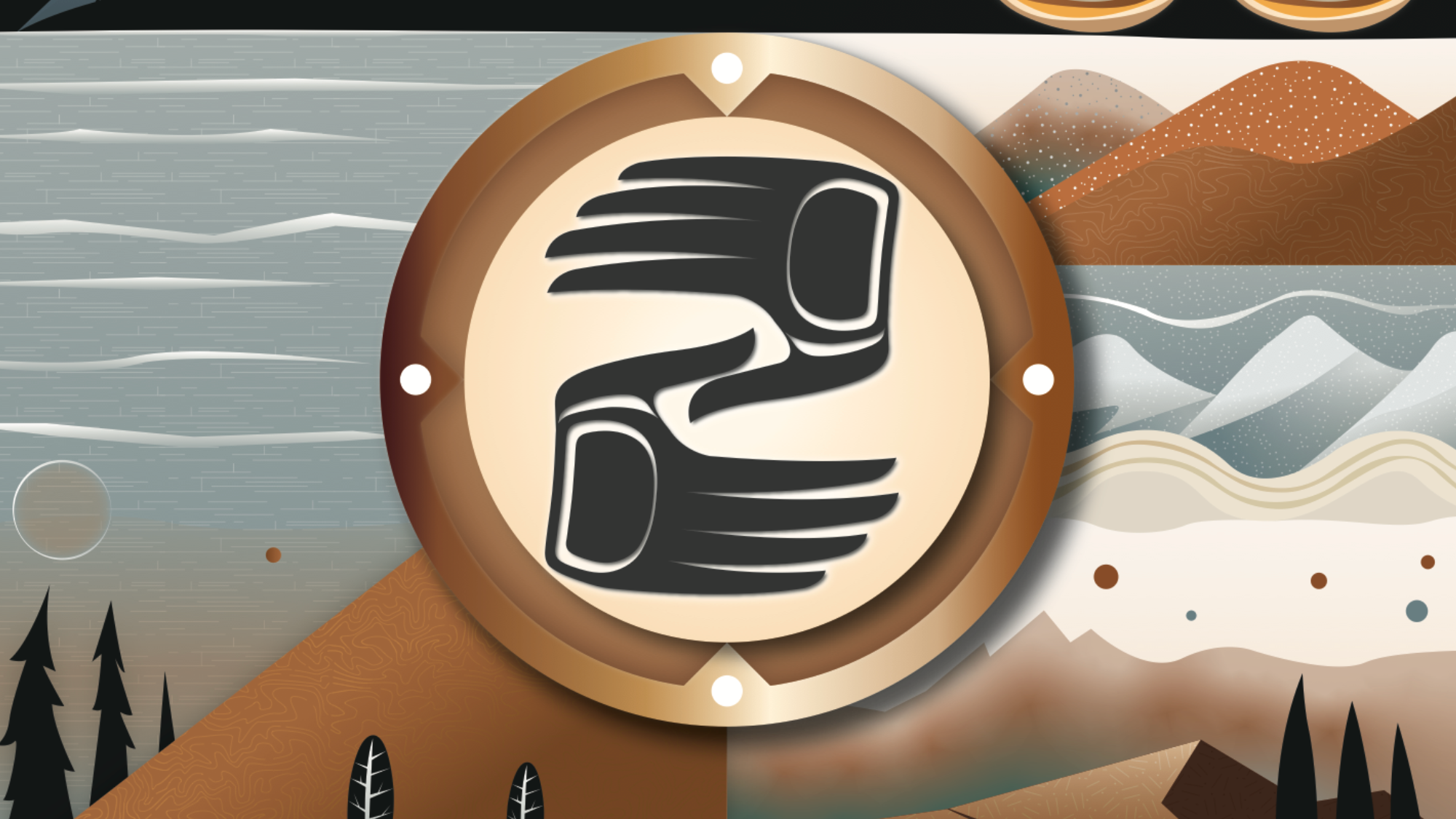Pacific Institute for Climate Solutions launches free Climate Insights Course
The climate is changing quickly and so is the information and evidence. It is important to keep up as climate science evolves and knowledge grows. But it can be tough to wade through all the information, especially for those new to the issue.
The Pacific Institute for Climate Solutions (PICS) has launched an online Climate Insights Course to help professionals build knowledge to address climate change.
The Climate Insights Course is an up-to-date look at the climate science and includes thoughtful perspectives on impacts and climate action.
This short, interactive, and self-paced course consists of four distinct sections covering:
1) climate science; 2) climate impacts and adaptation; 3) greenhouse gas mitigation; and 4) ways to take action.
The course is easy to understand and takes less than four hours to complete.

“Ideally, the Climate Insights Course will be only the beginning of learning about climate change for course participants. We at PICS hope the experience will lay a path towards further education and deeper engagement.”
– PICS Executive Director Dr. Ian Mauro
PICS produced the Climate Insights Course, with funding from the Government of British Columbia through the Ministry of Forests. The course is recommended foundational training for provincial public servants.
“Clearly understanding how climate change is affecting our everyday life, and understanding how we adapt to this challenge, is vital.
The Climate Insights Course takes you step by step through the issues surrounding climate change.
Many of the tools outlined in the course are reflected in programs we deliver, as we make the necessary changes to turn this mounting threat into an opportunity for innovation, and to improve our forestry practices.”
– Shane Berg, Chief Forester, B.C. Ministry of Forests
Climate experts across the province collaborated on the creation of the Climate Insights Course. The course weaves multiple points of views and forms of expertise, including Indigenous Knowledges and lived experiences from youth and others.

It explores how people can adapt to climate change and work together to prevent its worst outcomes — and how we can still create a thriving future.



